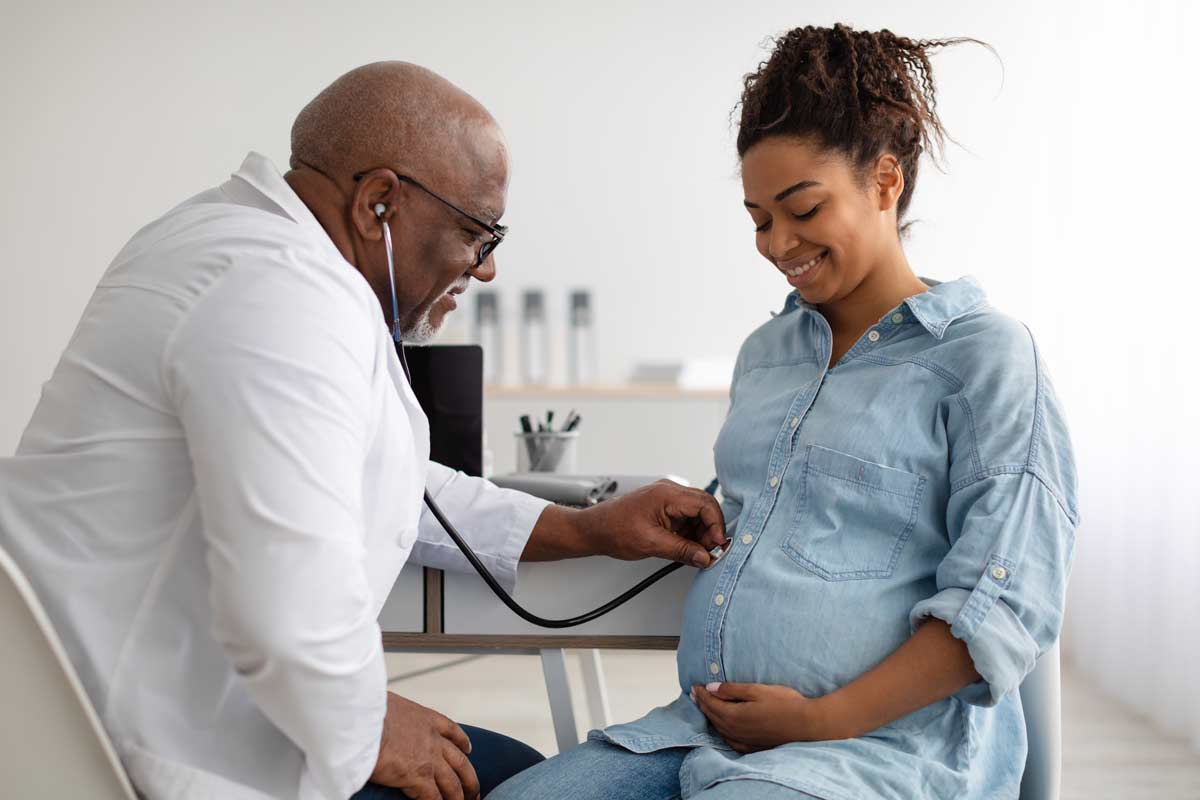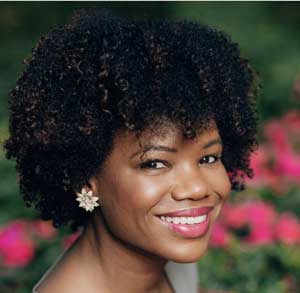Women's Matters
Honoring Black Maternal Health Week

By Nayaba Arinde
Editor-at-Large
It is Black Maternal Health Week.
Mamas gather here.
The joy, the trials, the innovation, the sheer magic of it all. Carrying and raising the babies is the most important job in the world.
Black Maternal Health Week though takes all aspects into account; including prejudice tainting the duty-of-care, and violating the Egyptian physician Imhotep inspired oath to ‘do no harm.’
Race and racism are key components on all levels of life in the Black community. Uncomfortable conversations notwithstanding, it is just as true in the life-changing field of Black maternal health.
What can already be a precarious experience, could unfortunately be compounded by bad attitudes, behaviors, belief systems, and conscious and unconscious bias by healthcare practitioners and administrators.
“As a member of the New York City Council and a mother I stand firm in my commitment to championing the health and well-being of all our communities,” City Council Member Rita Joseph told Our Time Press. “Black Maternal Health Week is not just a moment, but a movement—a crucial reminder of the urgent need to address the disparities faced by Black mothers in our healthcare system.”

The Brooklyn elected added, “This week serves as an opportunity to amplify their voices, advocate for equitable access to quality care, and work tirelessly to ensure every mother receives the support and respect she deserves.”
Citing it as “one of the greatest inequities of our time,” with Black women reportedly 9.4 times more likely to die of pregnancy-related complications than their white counterparts, and one-third of all pregnancy-related deaths in NYC happening in Brooklyn; Borough President Antonio Reynoso launched a maternal health agenda in April 2022. Part of that was establishing a Maternal Health Task Force of eight Black women OBGYNs, nurses, midwives, mental health advocates, “to guide efforts to improve pregnancy outcomes for Black and Brown people in Brooklyn.”
He then allocated his entire FY2023 $45 million capital funding budget to Brooklyn’s three public hospitals for maternal healthcare improvements.
NYC Health + Hospitals/Kings County received $15.625M to renovate the newborn intensive care unit (NICU) and mother-baby units.
NYC Health + Hospitals/South Brooklyn Health received $18.5M to renovate the outpatient care center, labor and delivery rooms, postpartum recovery rooms, and NICU.
NYC Health + Hospitals/Woodhull received $11M to build a state-of-the-art birthing center.
“Equity in every birth, a call to advance Black maternal health,” was the panel with Attorney General Letitia James, that Dr. Sophia Lubin sat on during the Black Caucus weekend in February.
Currently practicing at Symphony Medical in Yonkers, and with affiliation at Maimonides Medical Center, Dr. Lubin advocates for a confident and informed doctor/patient relationship.
She told Our Time Press that it extends from “Once they find out that they’re pregnant, during the pregnancy or prenatal care, to actual labor and delivery, and up to one year postpartum.” Prior, patients must, “Interview your providers whether that’s your midwife, or physician.
It’s making sure that you actually are in partnership with the person who’s going to be taking care of you. It’s knowing the statistics of the hospital that you’re going to, knowing that you’re going to a hospital that is very well equipped with dealing with Black mothers, the issues that can arise, and making sure that they have a fully functional labor and delivery that can take care of any situation. Making sure that once you have a team in place that they are always working as your advocate.”
An OBGYN for over 15 years, she said a woman’s doctor or care provider should be present to be able to spot any mistreatment whether it be the nurses, techs, or even the clerk who registered her. She said that when a patient walks through the door they are fully aware of the “emotions and implicit bias of the person who is receiving us.
That is so pervasive in the medical system, in medical education, and in general in racism as a whole in terms of American culture.”
The JAMA – Journal of the American Medical Association says that “mistreatment by health care professionals during childbirth is a common experience in the US, affecting more than 1 in 8 individuals with a live birth in 2020.”
In 2019, the Giving Voice to Mothers (GVtM) first patient-designed study found that “Black, Hispanic, and Indigenous mothers were statistically significantly more likely than white mothers to experience mistreatment.” In 2023, the Centers for Disease Control and Prevention (CDC) said that “mothers with children younger than 18 years; 20% reported mistreatment during pregnancy and delivery, with higher rates among Black (30%).”
Dr. Lubin, a mother of two sons, told Our Time Press, “We know that we are being looked at differently, so we have to approach the situation differently. It can be as simple as ‘Hi, my name is such and such, and I’m aware of the different statistics when it comes to Black maternal health. I’m scared and I don’t want to be a statistic. How can we work together?”
Black women have the burden of dealing with someone else’s preconceived notions about them.
That is why having an accompanying support person in attendance is pivotal, the doctor said, be it a partner, family member, or a doula so that “the person who is pregnant doesn’t have to be the loudest person in the room.
“When your provider or the medical establishment sees that you have that support, that you’re not alone – not that you’re less likely to be taken advantage of, but there is another person in the room that is paying attention. And when you can’t speak up for yourself, they can speak up for you.”
Dr. Lubin suggested that “Black women are told that we don’t have agency, we do. You have full agency over yourself. You know your body… If you’re not being heard by one provider, then move on to another. It’s a doctor-patient relationship and it has to go both ways.”
The host of “Dr. Sophia, ObGyn Podcast,” and a former teacher said, “I had a Black OBGYN who took exceptional care of me, and that is part of the reason why I decided to become an OBGYN.”





